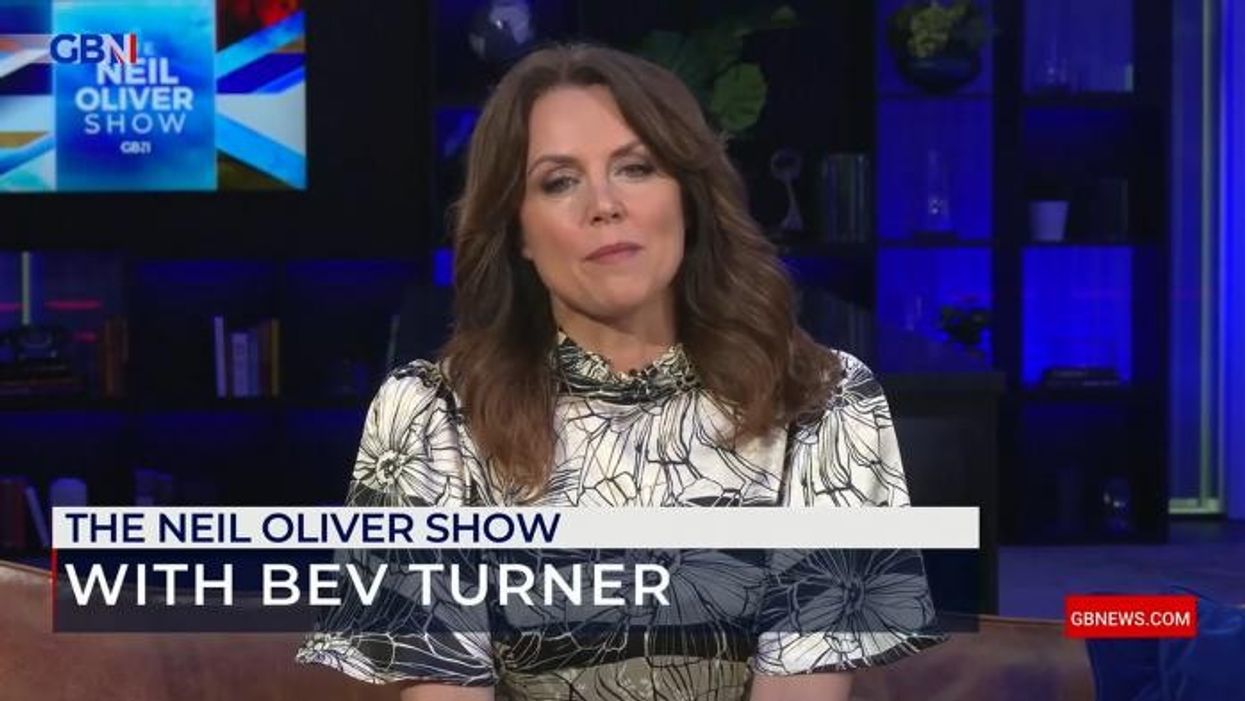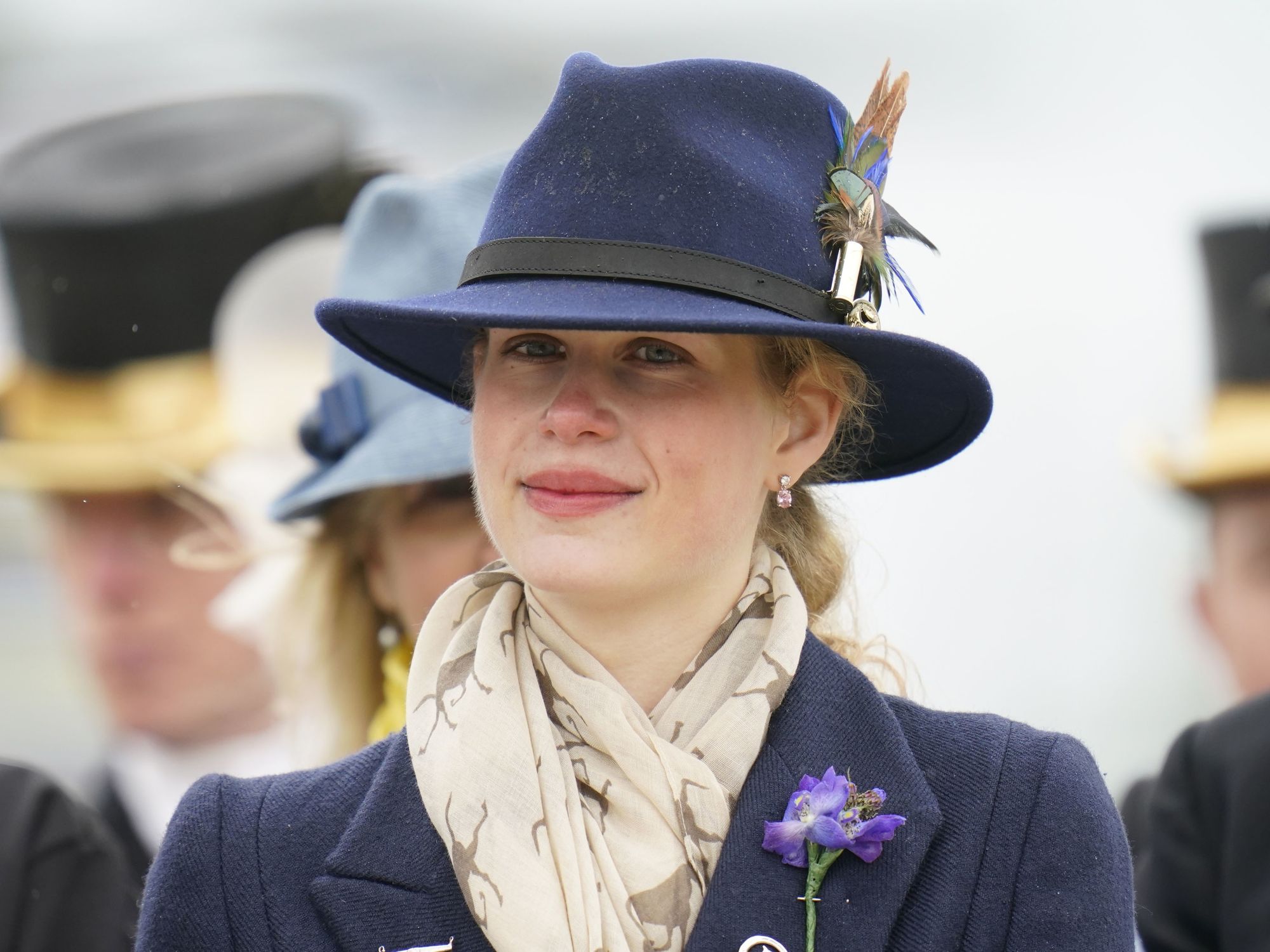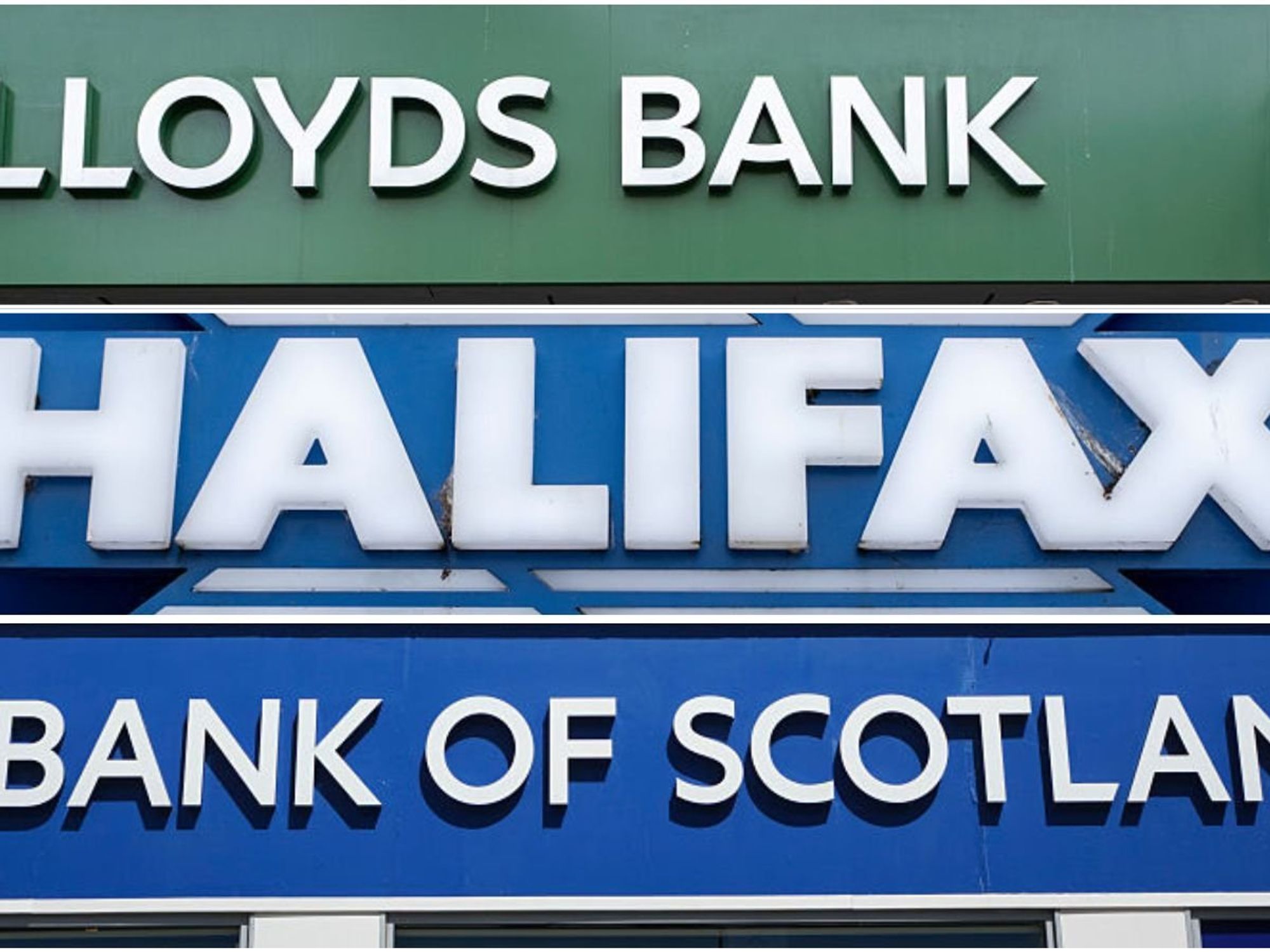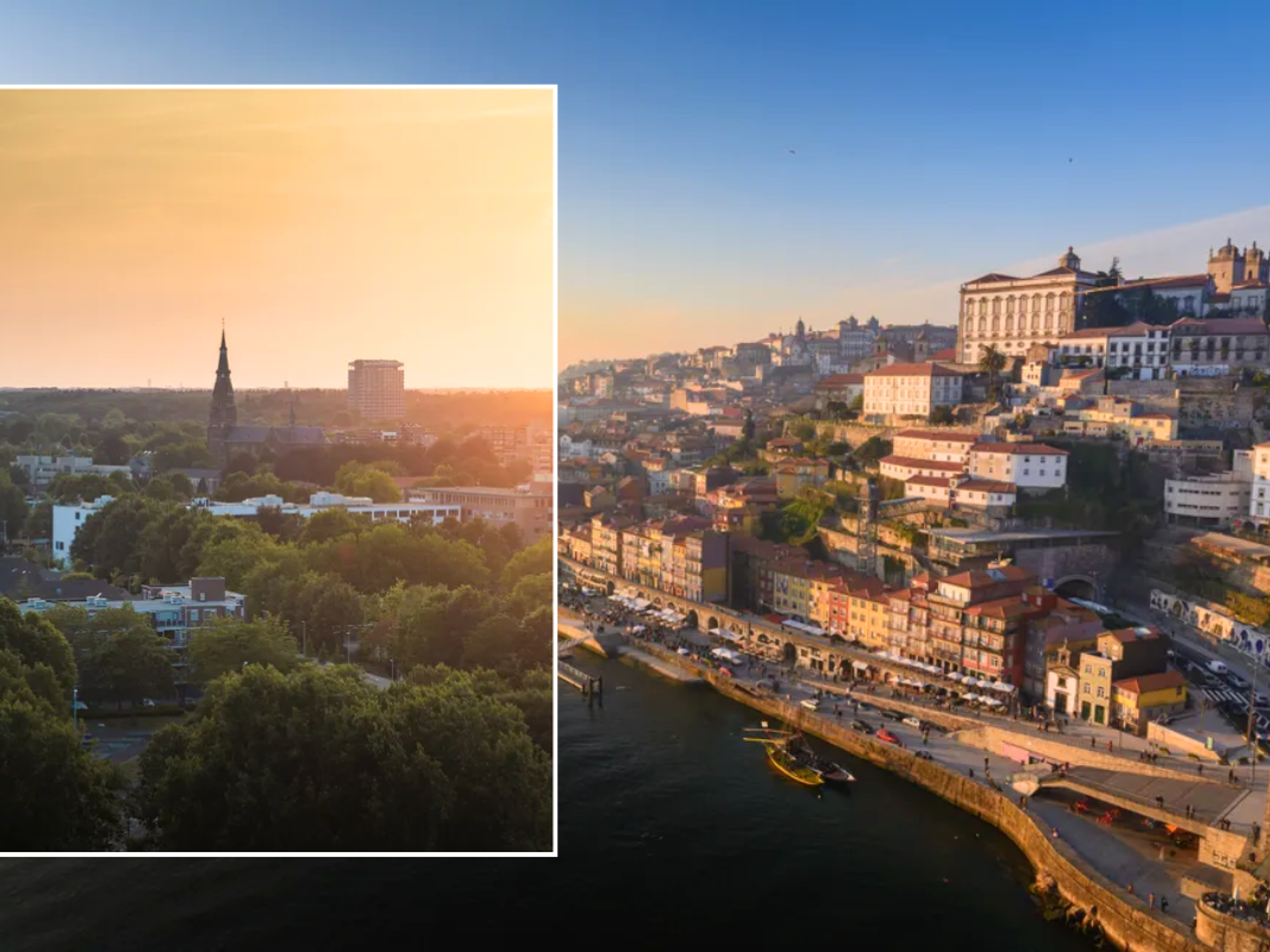'Always being watched!' Bev Turner claims surveillance is seeking to 'CONTROL' us

Bev Turner shared her views on surveillance
Don't Miss
Most Read
Latest
So am I the only person who feels that privacy is fast becoming resigned to history thanks to social media?
Not all of social media is bad, by the way. We can now transmit or receive life's most banal, some would say private moments, whether at home, on a beach, single or married, joyful or depressed, we can tell everyone about it at the touch of a button.
For some, this is literally their job, and that's fine. That's within their control. But there are also rapidly emerging ways in which surveillance is not optional
. We've had zero say in whether we consent to this minute-by-minute intrusion. And this week the march towards biometric digital ID, that is, mandatory surveillance with potential conditions attached moved a step closer.
We're already used to seeing our faces reflected back to us at self-service tills. Actually, I'm not. The first thing I do is stick a plastic bag over the camera. But from this week, some supermarkets will now be scanning your face with age identification technology if you wish to buy over 18 products.
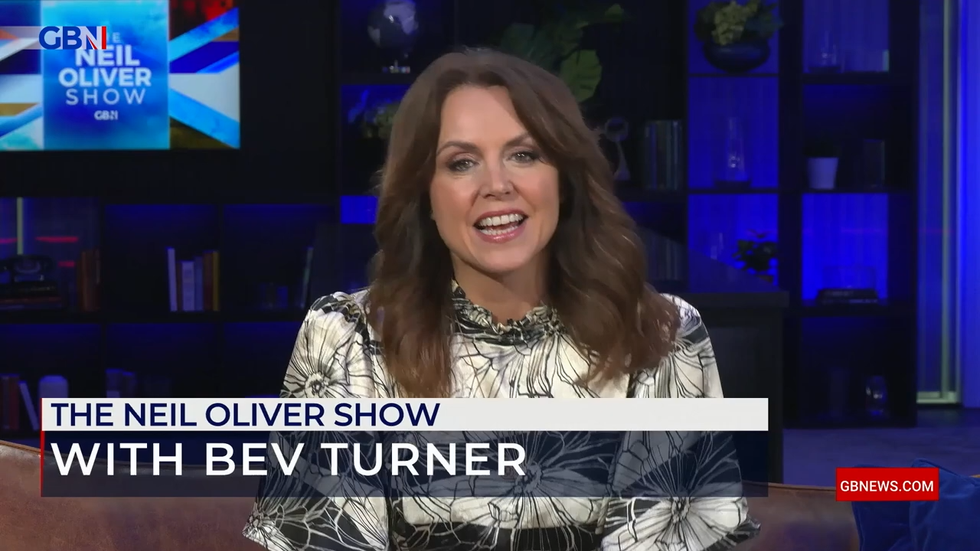
Apparently it's going to remove altercations with law flouting youngsters. Just another way of avoiding a difficult conversation and saying no to a child. Of course it won't stop kids buying booze.
They'll just send in an older teen, except there will no longer be someone at the tail looking over their shoulder, suspecting that the law might be being broken. Let's not worry about the kids. Let's just outsource that to a computer.
And then there's the data harvesting and the mobile phone surveillance that reads your mind, bringing up adverts for products you seem sometimes merely to think about.
We've all accepted these intrusions with zero consideration of legal or even just socially agreed-upon rules around their existence. Privacy has first emerged as the most significant citizen protection issue in the global information economy.
Of course, every industrial revolution has changed the relationship between the private and the public, even leaving the home to work in a factory rather than plough your own fields altered that dynamic. Then the arrival of the camera and the printing press triggered similar moral panics about the risks of misinformation or mistaken identity. But now we are literally edging towards a digital tyranny.
The traditional definition of privacy was drawn up in 1891 by two American lawyers, and it was the right to be let alone, or freedom from interference or intrusion. How quaint. But after World War Two, in the year that George Orwell wrote 1984, the UN Declaration of Human Rights stated, no one should be subjected to arbitrary interference with his privacy, family, home or correspondence.
We were doing quite well until 2016, when the American Patriot Act used the nine over 11 disaster as a valid reason, some might say, an excuse to expand the government's legal rights to monitor phone and email communications to keep us all safe, of course. But this fourth industrial revolution that we are in right now, launched as the Great Reset by King Charles, inevitably poses the most serious threats to our anonymity, our privacy and our freedoms.
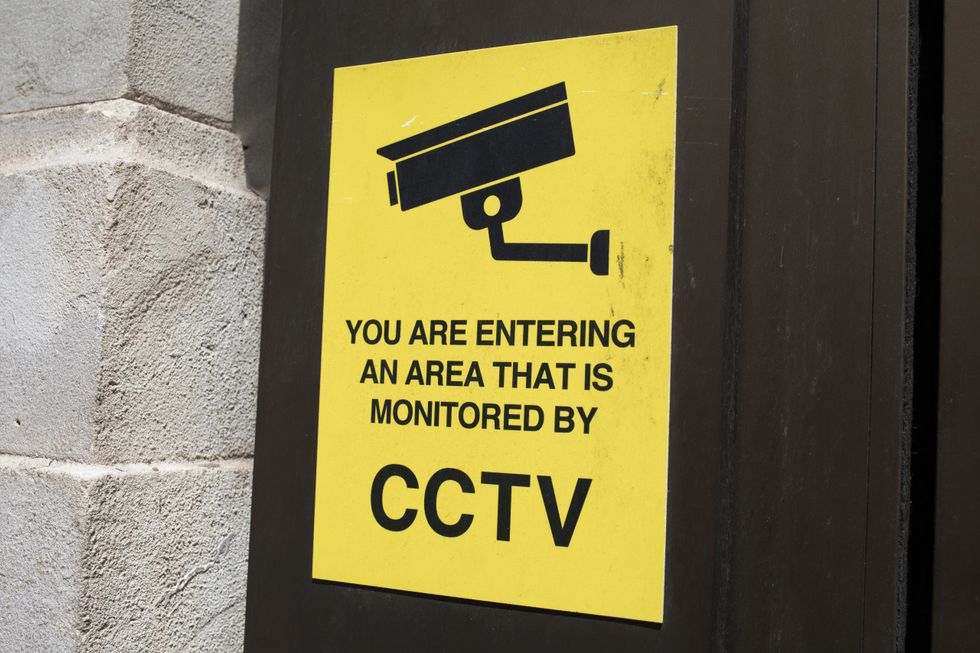
Bev said that we are under "constant surveillance"
|Getty
When Labour Home Secretary David Blunkett tried to introduce ID cards to the UK in 2004, Boris Johnson said that it was a loss of liberty and that he would rather physically eat his card than present it for inspection.
We were doing quite well, but of course the pandemic changed everything and in September 2020 the government announced that they were pressing ahead with a digital identity scheme so that we could securely prove who we were online to keep us all safe.
Of course, also now, though, for your convenience, at a time when nothing works and nothing is convenient, Blunkett is back on the propaganda trail announcing that a biometric digital ID system which logs your eyeballs or facial features, is the only way to solve the small boat crisis. And guess who's in line for the contract? Fujitsu. As they made such a good job of the post office scandal? The small boats' move is very clever.
Pick the topic that most incenses people and offer this as a handy solution. It might work, but I can't help thinking that illegal migrants wanting to be British citizens would line up to have their eyeballs scanned and registered as legit, but it will definitely compromise the liberty of us ordinary people who will find all of our data and misdemeanours logged in a central database.
The next step conditions of freedom attached be that carbon credits, calories consumed or parking fines unpaid. Plus, thanks to last week's Scottish Hate Crime Act, you can now add fear of being dubbed in by someone sat at your own dinner table to your paranoia list.
Make sure grandad doesn't slip up with his terminology. If he can be deemed to be stirring up hate, his words could be logged even if it isn't deemed a crime.
There are now an estimated 5 million CCTV cameras in the UK alone. Are they making your life more convenient?
I'd say a hard no. Are you safer because there's a camera on every corner?
Well, crime and conviction figures. Would prove not so. Who is it all for? The illusion of safety and convenience is always about hiding the ambition to control.


